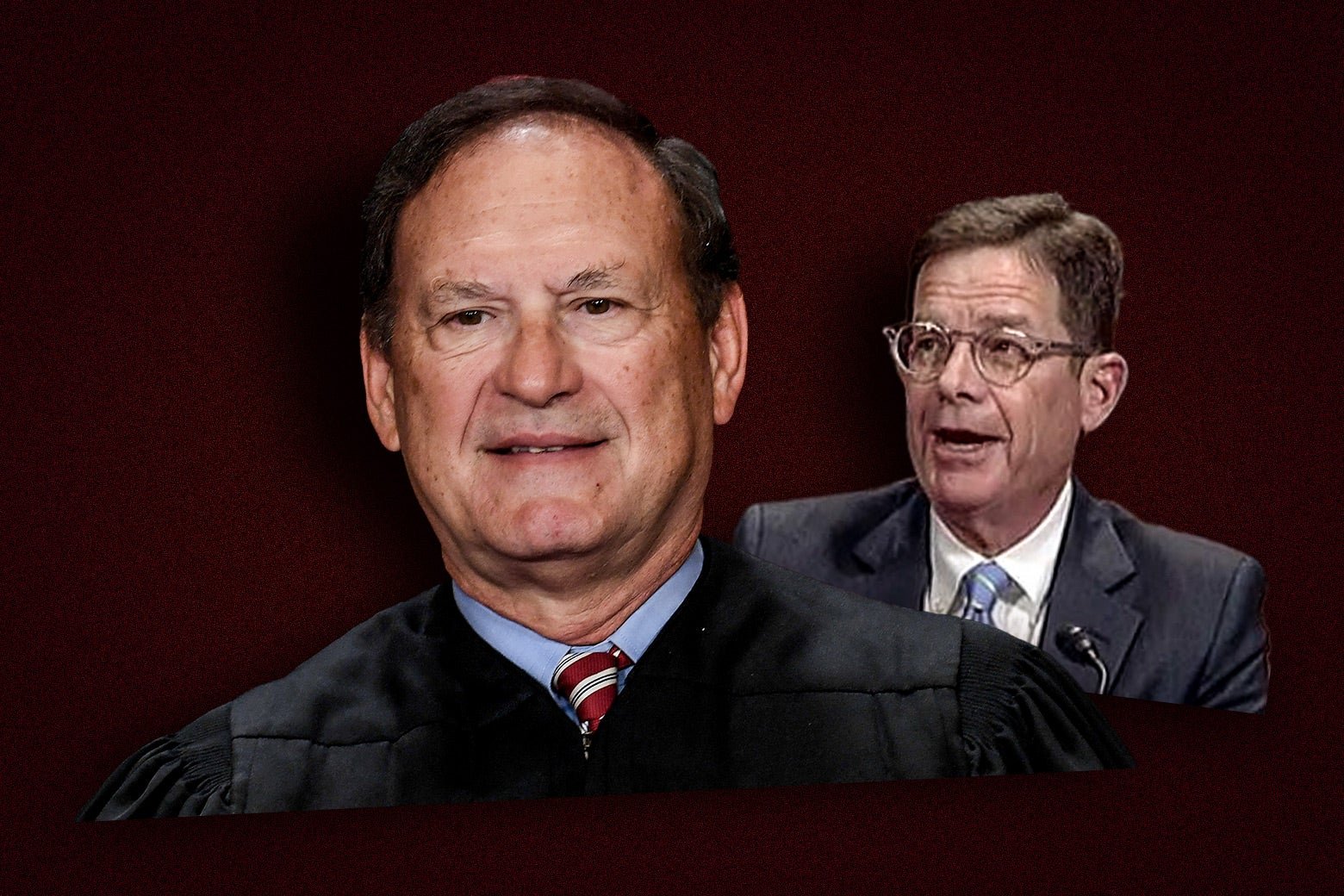When the Supreme Court overturned Roe v. Wade, it claimed to be removing the judiciary from the abortion debate. In reality, it simply gave the courts a macabre new task: deciding how far states can push a patient toward death before allowing her to undergo an emergency abortion.
On Tuesday, the U.S. Court of Appeals for the 5th Circuit offered its own answer, declaring that Texas may prohibit hospitals from providing “stabilizing treatment” to pregnant patients by performing an abortion—withholding the procedure until their condition deteriorates to the point of grievous injury or near-certain death.
The ruling proves what we already know: Roe’s demise has transformed the judiciary into a kind of death panel that holds the power to elevate the potential life of a fetus over the actual life of a patient.



This is what we certainly have now, given the recent decisions that are based on facts that are somewhere between cherry picked and outright false. Laws and precedent don’t, and won’t, matter if they’re acting in bad faith.
They definitely would. And if the Commerce clause is where Congress finds its grant of authority, they wouldn’t be wrong. That’s why it bothers me every time someone laments that Dems should have passed a law, as if SCOTUS wouldn’t have struck that too.
Exactly. I liked RBG a lot, and/but I don’t like the way people keep taking her out of context when making wild claims about what we could or should have done to prevent Dobbs.
Before the 1/6 insurrection was a SCOTUS coup. It happened. And the one thing we shouldn’t do is blame the party that wasn’t involved in it.